At Fair & Sustainable we often need to collect data for a value chain analysis or value chain development monitoring. For the general picture of a value chain (or sub-sector) we can use big data such as data from World Bank, FAO, UNDP and the like. For data collection of more specific nature we have to collect own data. Other value chain practitioners will recognize the following type of questions: What share of produce is supplied by male and what percentage by female producers to a producer organization? How much does a producer organization (PO) sell to processors? What are the main opportunities or constraints in this value chain? Are there specific gender based constraints? Etc. For this purpose we traditionally use paper based surveys or lists of guiding questions for group discussions. However, processing the data is laborious.
Kobo Collect is an easily available online tool (see https://www.kobotoolbox.org/) that can help in collecting and analyzing quantitative data. The tool is open-access, and opening an account is enough. Moreover, after downloading the app Kobo Collect, the data can even be collected offline. This is easy when in the field. Data analysis is automated and results in graphs and tables. Moreover data can be exported to excel for further analysis. The tool works best with closed questions and (multiple) choice questions, as overviews can be easily made (see example below). The tool can also be used for open questions, but then only a list of answers will be generated as all answers given will be different.
Kobo Collect may need some testing in the field in order to ensure that the right closed or multiple choice categories are formulated. For instance, if all POs process more than 200 MT, the categories are not distinctive enough. In case there is no time for this, categories can be defined to choose from, and can be later on clustered with excel.
For F&S, value chain data collection is often a combination of data collection by means of Kobo Collect Forms, and paper-based surveys or interview guides. Paper based surveys are more useful if respondents are few and unique (e.g. licensed input providers, traders, or processors), and particularly if there are many open questions and a need for probing further for information (analysis phase). These types of paper based questions require a higher expertise level, while Kobo Collect can even be completed by generalistic enumerators.
An example of a automatically generated figure based on fifteen replies to a question :
For more information, please contact: andre.vording@fairandsustainable.org
